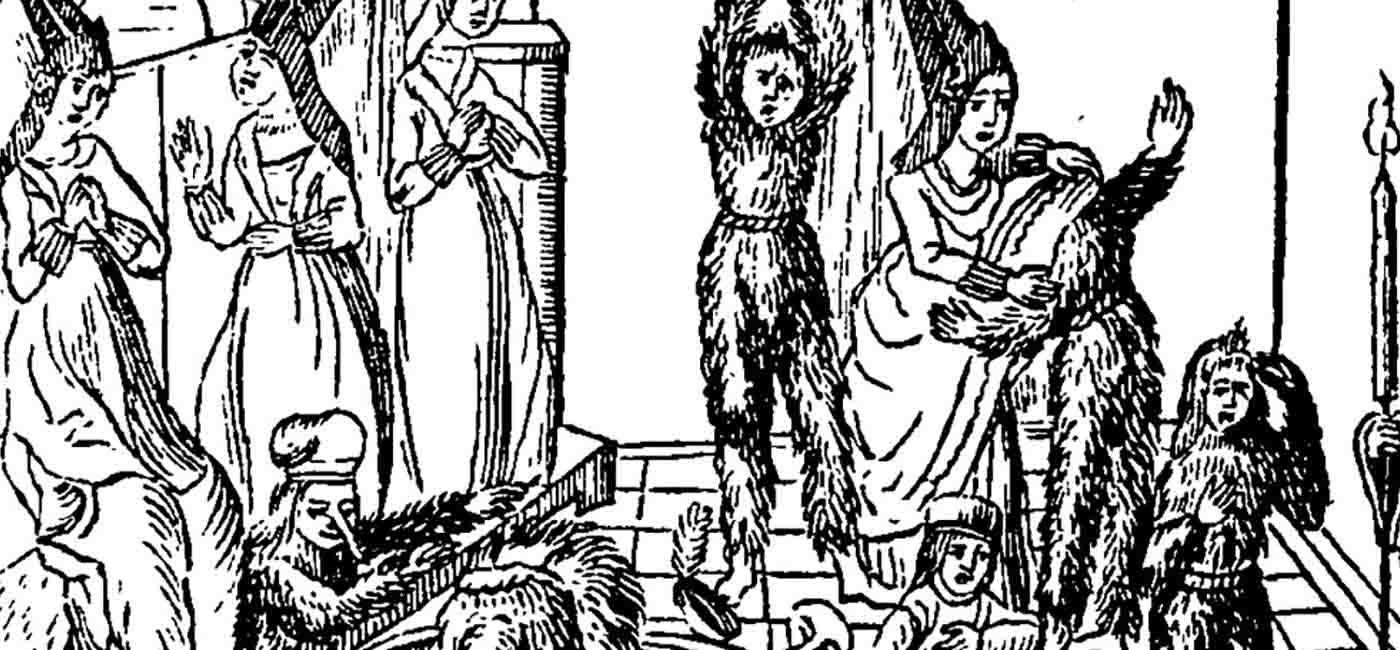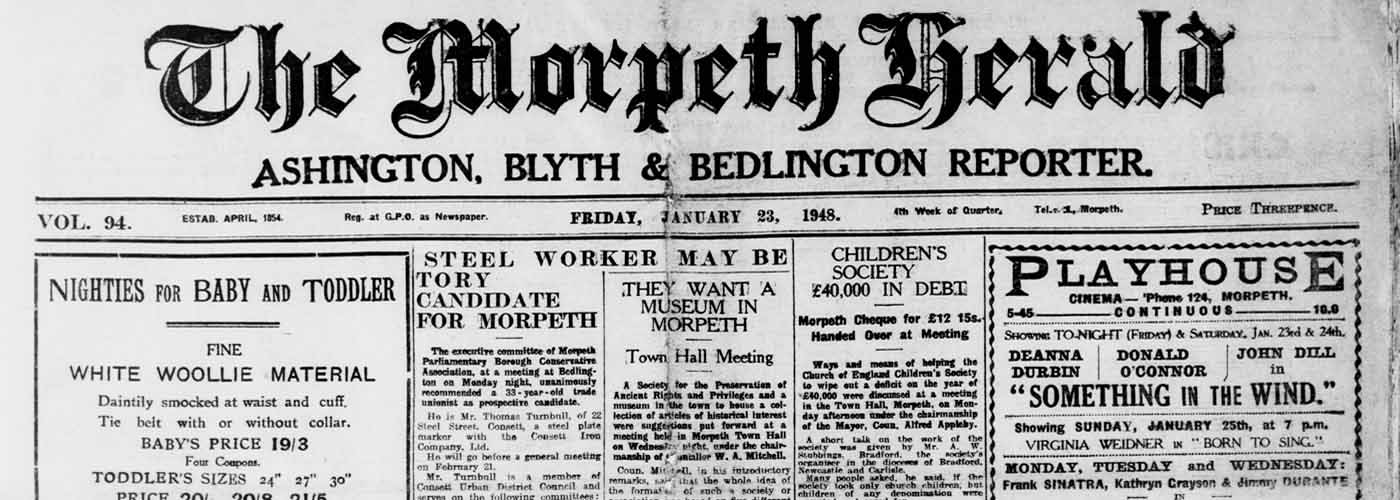Improved Customer Experience Launching in September
We’re updating Gale’s customer-facing websites—including gale.com, gale.com/thorndike, and our international sites— to enhance the user experience, simplify product search, and improve accessibility. Keep an eye out for more updates in the coming weeks.




![Machin, Frank. The Yorkshire miners: a history by Frank Machin. Vol. 1. Barnsley: National Union of MineWorkers (Yorkshire Area), [1958].!''](https://www.gale.com/binaries/content/gallery/gale-us-en/banners/primary-sources/nineteenth-century-collections-online/gps_ncco_british_politics_banner.jpg)

![Carroll, Lewis, and Mabel Lucie Attwell. Alice in Wonderland: by Lewis Carroll; Pictured by Mabel Lucie Attwell. London; Paris; Berlin; New York; Montreal: Raphael Tuck & Sons, Ltd., [1910?].!''](https://www.gale.com/binaries/content/gallery/gale-us-en/banners/primary-sources/nineteenth-century-collections-online/gps_ncco_childrens_literature_academic_banner.jpg)